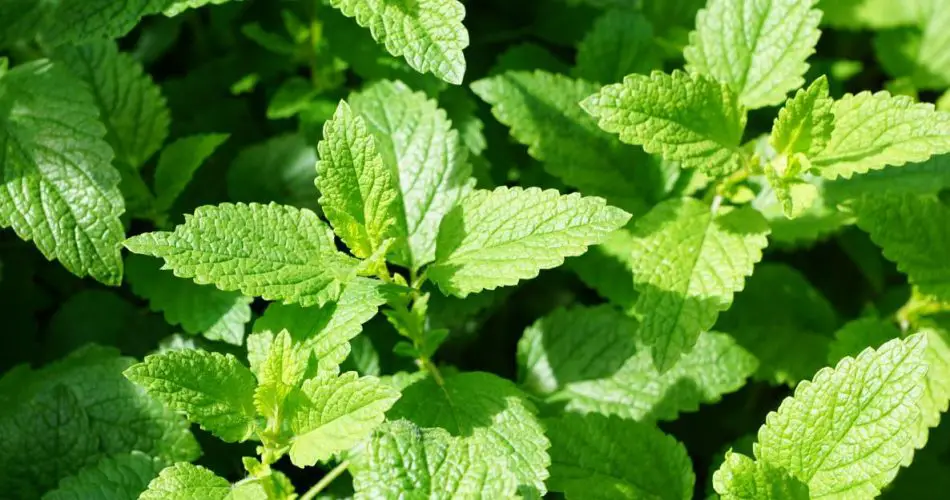Growing and Multiplying Mint Plants on Your Balcony: A Comprehensive Guide
Among the aromatic herbs adorning your balcony, a vibrant and fragrant mint plant is undoubtedly a must-have. Discover how to nurture its lush growth, ensure health, and most importantly, master the art of successful multiplication.
If you’re contemplating the cultivation of a mint plant on your balcony, the choice between sowing seeds directly or acquiring a seedling awaits. Opting for the latter is recommended if patience isn’t your strong suit. Once you acquire the plant, carefully remove it from its pot, revealing a cluster of roots. Gently separate the roots for proper transplantation. Prepare one or more pots with a layer of clay followed by universal soil, and you are ready for the repotting process.
Mint, a perennial herbaceous plant belonging to the labiatae family, thrives in the Mediterranean climate and is exceptionally easy to cultivate. For optimal and aromatic mint leaves, plant this shrub in spring, reaping the first results during the summer.
Growing Mint: From Seed to Harvest
Mint, commonly peppermint, is readily available on the market and can be grown from both seeds and cuttings.
- From Seed: Sow the seeds and lightly cover them with soil. Keep the soil consistently moist until the first shoots emerge.
- From Cuttings: Easily propagate mint from cuttings. Cut a 5-10cm segment from an existing mint stem, remove the leaves, and plant it in a pot with moist soil. Ensure the soil remains consistently moist until roots develop.
Ideal Placement and Care for Mint Plants
Mint thrives in shaded environments, with occasional rays of sunshine being well-tolerated. Regular pruning of the upper part of the plant helps control its height. Adequate watering is crucial, ensuring the soil remains consistently moist. During adverse weather conditions, protect the plant with a breathable covering to prevent the leaves from getting wet and damaged.
Maintenance Tips for Mint Plants
In addition to providing the appropriate amount of light, regular watering without flooding the soil is essential. Ensure good drainage to prevent water stagnation, which can harm the roots. Periodically remove dry leaves to facilitate unobstructed growth. Fertilize the plant every 4-6 weeks during the growing season with a balanced fertilizer.
Harvesting Mint Leaves and Their Uses
Mint leaves can be harvested at any time, with the optimal period being before flowering when the leaves are at their largest size, flavor, and aroma. Given mint’s rapid growth, harvesting leaves every 2-4 weeks is recommended.
Explore the diverse applications of mint leaves, from enhancing fruit salads and sauces to infusions, teas, drinks, and desserts. Whether it’s for culinary delights or aromatic oils, your balcony mint plant holds a world of possibilities.



